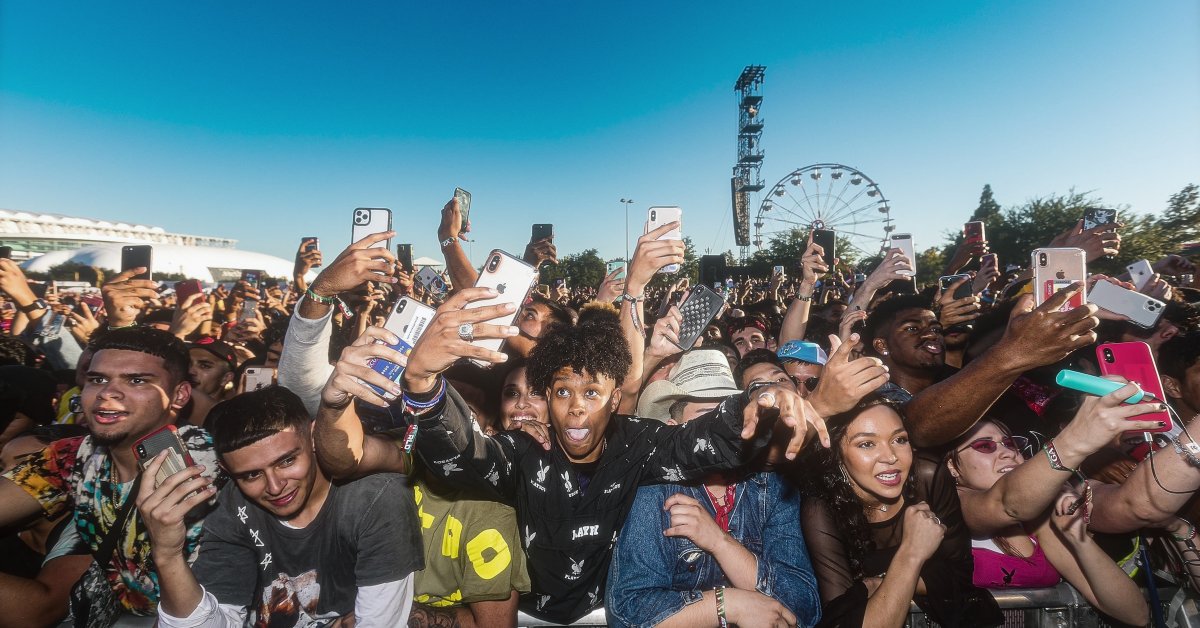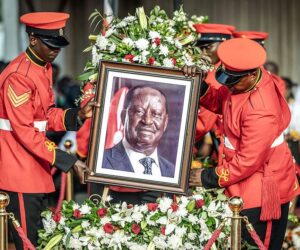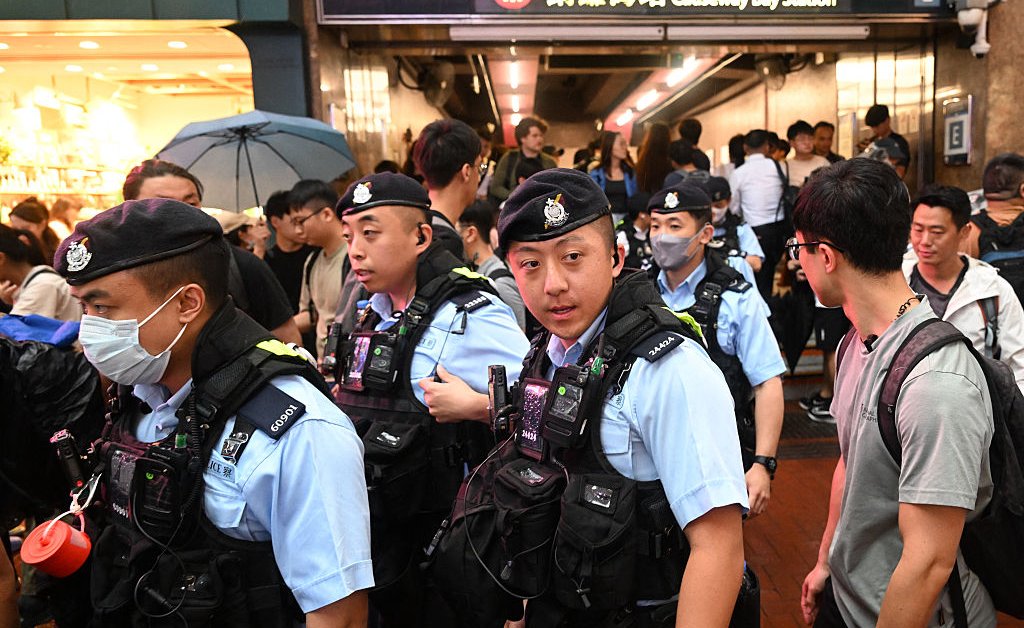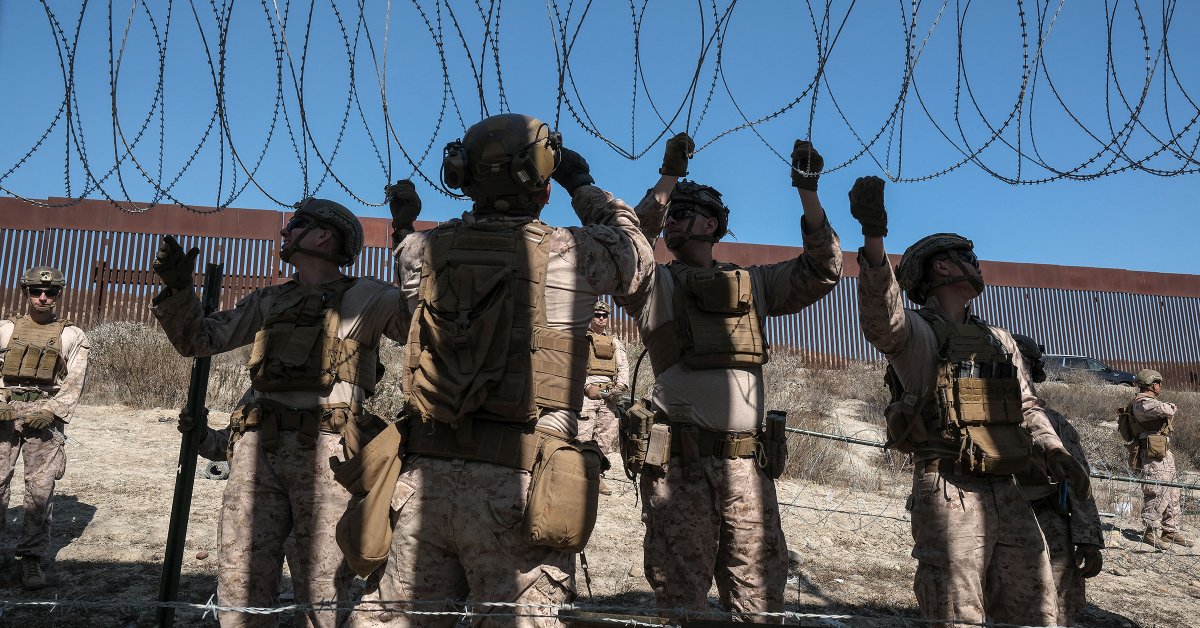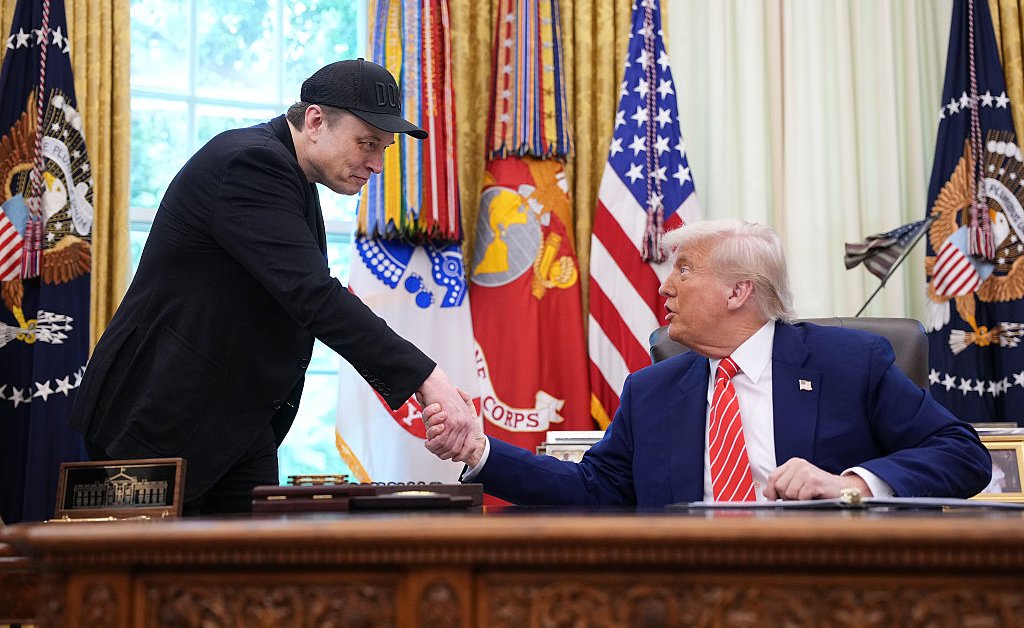In November 2021, the third Astroworld music festival commenced in Houston, Tex., the hometown of rap superstar Travis Scott. Scott had a personal affinity for the Six Flags AstroWorld theme park in Houston that had closed its doors in 2005, naming his six-time platinum certified 2018 album after it and holding the inaugural festival near the site of the demolished amusement park. After canceling the 2020 edition because of the COVID-19 pandemic, Astroworld 2021 promised to be bigger than the two editions before, expanding the festival from one day to two, while uniting tens of thousands of young fans who had missed out on valuable concert-going experiences since the pandemic began.
“It’s a carefree world” is how concertgoer Kaia Redus describes the festival in Netflix’s Trainwreck: The Astroworld Tragedy, which details how the Houston celebration turned into a death trap with 10 fatalities, with the youngest victim only nine years old, as well as hundreds of injuries.
“It was a concert you didn’t want to miss, and you knew it was going to be fun,” explains Sophia Santana, another survivor, with enthusiasm and certainty. The feature-length documentary, releasing June 10, is the first in a weekly series that digs into big event meltdowns that made headlines, created corporate scandals, and often cost lives. Directed by Yemi Bamiro, the film includes interviews with survivors and experts and uses footage shot on concertgoers’ phones to explain how such a massive crowd crush happened during Travis Scott’s headlining performance and what happened in the aftermath.
What led to the deaths at Astroworld?
Astroworld was organized by LiveNation, the biggest live event promoter in the U.S. bar none, and the company was eager to capitalize on Scott’s “rager” brand when Astroworld returned. As The Astroworld Tragedy shows, footage of fans breaking down fences to get into the 2019 Astroworld was used to promote the festival’s return. Kirby Gladstein, a returning festival photographer, recalls her team was instructed to lean into the chaos of Scott’s performances. Gladstein seemed anxious to share her perspective on the temperature of the festival and how the organizers lost control, as she believes the blame lies at LiveNation’s feet. “They hold so much of this industry in the palm of their hand,” says Gladstein. “By talking about what happened at Astroworld, I know that I’m jeopardizing my career, ultimately.” (No representative of LiveNation is interviewed in the documentary, though their responses are included in text at the end of the film, and include pointing to the roles of SMG Global and the Houston Fire Department in setting sellable capacity for the venue, and stating all relevant parties were aware of event plans and safety codes. The company released their only statement on the tragedy the day after it occurred, in 2021.)
The Astroworld Tragedy interviews crowd safety expert Scott Davidson, onsite paramedic Jose Villegas, and security guards Jackson and Samuel Bush (who were only hired hours before the festival began) to paint a picture of the poor planning that contributed to the festival’s death tally. The mainstage was unoccupied all day, meaning that fans could camp out for Scott for hours in the hot Houston sun. It also meant that thousands of fans traveled to the headline set from the same direction at the exact same time, creating the perfect conditions for crowd crushing. On the left-hand side of the stage, fans funnelled directly into a pen that added more pressure to fans against barriers with no route of escape.
Beginning at 9 p.m., Scott appeared on stage and the crushing quickly worsened; the most upsetting footage of The Astroworld Tragedy is taken from cell phone videos shot inside the pen, showing fans being asphyxiated and crushed in real time while Scott’s performance blares unaffected behind them – while Scott would later say he was aware of some fainting and disturbance, he claimed to not realise the gravity of the situation.
How did Astroworld organizers respond to the crisis?
“Stop the show! Stop the show! Stop the show!” shout fans as Scott introduces a guest onstage.
Despite concertgoers screaming for help en masse, climbing up to restricted areas to demand help from officials, and calling the police, the concert didn’t end until an hour after Scott began performing onstage. Davidson concluded (and the documentary team consulted an additional crowd safety expert to verify his findings) that a major fault with the festival was that only two individuals had been delegated authority to stop the concert when it became dangerous, but as Davidson explains, “any key decision-maker […] should have been able to very quickly initiate a show stop process, what should have been as simple as a figurative or literal button being pushed.”
Meanwhile, crush victims were struggling to breathe and stand up straight. “I just remember thinking, ‘Don’t fall down because you won’t make it back up,’” recalls Santana.
The countdown to 10 p.m. was hectic and lethal, and Davidson quotes the transcript of a LiveNation manager speaking to the audio engineer, one of the only people who could speak directly to Scott onstage: “We have four active CPRs going on. Two are most likely dead. It is very, very bad. There are more crush victims than I’ve ever seen in my 25-year career.”
Mark Lentini, a former commander for the Houston Police, places the responsibility for the Astroworld tragedy on the festival organizers rather than the police response. He points out how completely predictable the chaos of unauthorized entry and jumping fences would have been to a properly organized festival team. But others see it differently; as Davidson explains, as the crisis was worsening, the Houston Police and LiveNation agreed to continue the concert for Drake to appear onstage to avoid “trigger crowd panic”.
“The idea of a performance continuing while even one CPR in progress is underway is insane, unprecedented, not to mention multiple,” stresses Davidson.
What was the aftermath?
Travis Scott’s statements on the tragedy were received as insincere by many survivors and victims’ loved ones, who tearfully recount the moments at hospitals and reunification centers when they were informed of deaths. Since Astroworld, Scott has made only a few comments on the tragedy, but the song “My Eyes” on his 2023 album Utopia references his perspective of the event, with one lyric that goes, “If they just knew what Scotty would do to jump off the stage and save him a child.” In addition to Utopia, Scott has released a companion film Circus Maximus, and is currently nearing the end of a global tour—but Astroworld has not been held since 2021. A grand jury decided not to hold any individual criminally responsible for the tragedy, and the families of victims received out of court settlements for lawsuits brought against Scott and LiveNation.
Since Astroworld, LiveNation has faced a host of other legal issues, including a lawsuit from the Department of Justice for monopolization of the music industry, another from the families of an artist who was murdered backstage at a festival, and criticism of their hostile arbitration rules. Netflix’s documentary gets to the heart of how something as traumatic and confounding as the Astroworld crowd crush happened, but the questions it ends on—Why didn’t someone stop it? Will it happen again?—are left terrifyingly unanswered.

